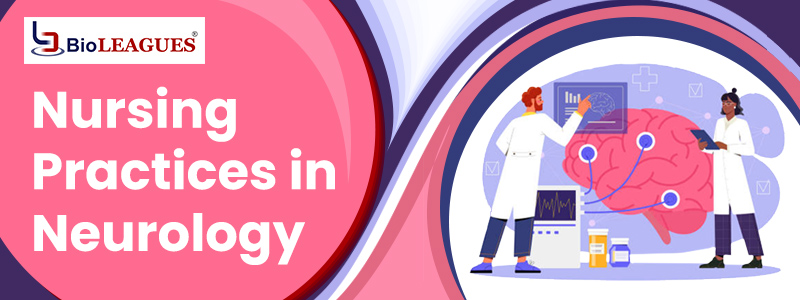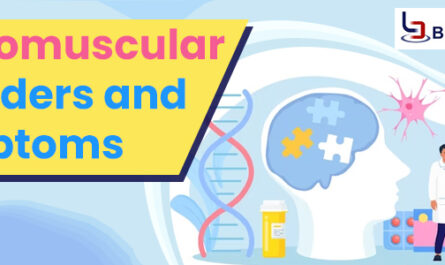Neuroscience nurses treat and attend to people with a variety of neurological conditions and disorders throughout their lives and in all health care settings. There are many specialties in this area of practice, including the following –
- neurosurgery
- Neurotrauma (such as the brain and spinal cord injuries),
- critical/intensive care in Neuroscience,
- long-term conditions (including stroke, multiple sclerosis, Parkinson’s disease, epilepsy),
- Neurological conditions limiting life (like motor neuron disease, Huntingdon disease, etc.).
Take an active part in neurology CME Conferences to learn more about developments in this area.
Pediatric Nursing
Healthcare providers often face ethical dilemmas when making treatment decisions for a child with neurological disorders. Serious issues can arise from the fact that the wishes of the family may conflict with what the care team believes is in the best interests of the child. There are a slew of reasons to think about when trying to identify treatment options for a child with neurological disorders. Nurses find themselves in the optimal position to support the involvement of the child’s family in these difficult decisions.
When uncertainty clouds a child’s prognosis, there is often disagreement among members of the healthcare team about the goals of treatment. The nursing in these scenarios should work with the family and the physician then only objectives are recognized and incorporated. In most situations, the family and health care providers all work in the best interests of the child. The challenge is, there are no clear guidelines for determining the best interests of the child. Our own personal values often influence what we think of as an acceptable quality of life. Hence, it is crucial to recognize that people can have different points of view. We must explore them before we can make treatment decisions. Nurses can help and encourage difficult conversations between family and the healthcare team, then all perspectives can be considered as best decision for the child can be made.
Neurosurgical Nursing
The goal of postoperative neurosurgical care is to prevent or minimize complications associated with anesthesia and surgery. Careful and frequent neurological assessments by trained neurologically trained personnel are the cornerstone of postoperative neurosurgical care. Nevertheless, the administration of systemic complexities is a crucial responsibility that can assist in reducing grave neurological threats.
Neurological assessments performed by neurologically trained intensive care physicians and NICU staff have been shown to be beneficial in minimizing in-hospital mortality and length of stay. Neurological complexities post-surgery include focal deficiencies caused by pneumocephaly, stroke, cerebrospinal fluid leakage, intracranial hemorrhage, seizures, and cerebral edema. A few postoperative focal deficiencies are a direct consequence of surgery and are anticipated in some cases. Manipulation and retraction of brain tissue can produce temporary focal symptoms. For example, cranial nerve palsies can occur during posterior fossa operations and transient motor weakness when tumors are adjacent to the motor cortex. Want to learn more? Register and take an active part in this high-level neuro pharma conference 2024.




